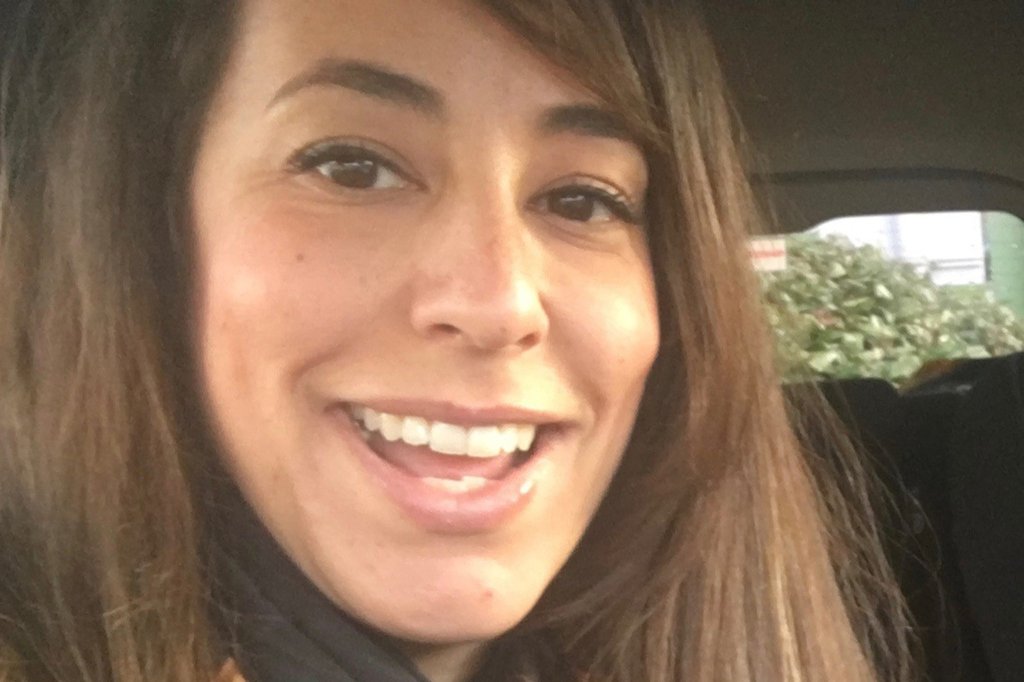For an up-to-date list of current UK based trials taking place visit Be Part of Research (resource provided by the National Institute for Health Research).
For an international search visit Clinical Trials (resource provided by the U.S. National Library of Medicine). This resource provides information on trial status including recruiting, completed or withdrawn and worldwide trial locations.
For a list of active research studies recruiting individuals with inherited metabolic disease in the UK download a spreadsheet from the BIMDG website.
To find out more about past or current trials speak to your doctor and learn about the risks and potential benefits.
A clinical trial is a research study involving people. A clinical trial is designed to carefully assess the safety and effectiveness of an investigational drug, device or method of treatment that has not yet been approved by a regulatory agency such as the U.S. Food and Drug Administration (FDA) or the European Medicines Agency (EMA). Carefully conducted clinical trials determine if a treatment works without too many side effects. Without the patients who volunteer to participate in clinical trials, the development of new medicines would not be possible.
Before a clinical trial can start, a new treatment undergoes rigorous pre-clinical studies to determine that it is suitable to start testing in people. In ultra-rare diseases, a natural history study is often undertaken.
A group of untreated individuals with the disease are followed and tested over a number of months or years to further understanding of the condition. This can help with the design of the clinical trials and provide a control group against which the results of a new treatment can be compared.
Clinical trials are designed to efficiently measure the safety and efficacy, or effectiveness, of the treatment. A study protocol sets out information such as who can and cannot take part in the trial (the inclusion/exclusion criteria), scientific rationale for conducting the study, the objectives of the study and instructions for investigators conducting the clinical trial, for example dosing ranges and tests to be carried out.
This ensures that data is collected in the same way across all clinical trial centres, which is important for analysing data and determining outcomes. The relevant health authorities and ethics committees in each country where a clinical trial is taking place must give their approval before a clinical trial can take place.
During the clinical development of a new treatment, different phases of clinical trials are undertaken. Completion of these phases can take several years.
Phase 1 and Phase 2 trials are small and testing is carried out to check the safety of the drug. Safe and effective dosing ranges are established. Side effects and adverse events are monitored and a small amount of efficacy data is often collected.
Phase 3 trials are conducted in a larger population, including more clinical trial sites and countries. This stage of clinical development will include pivotal trials which are those designed to provide evidence for a drug marketing approval. Further data is collected to continue to measure safety and obtain substantial data on the effectiveness of the treatment.
Phase 4 trials occur after the treatment has received marketing approval. They are used to understand the longterm effects of treatment in a greater number of individuals.
Due to the nature of research, a clinical development programme or individual clinical trial, might be stopped at any time, even a long running clinical trial. This may be, for example, because the data collected shows that the drug being tested is not meeting safety endpoints, efficacy endpoints or even for the business purposes of the company developing the treatment.
Support and Advocacy Team
We offer an individual advocacy support service with skilled and experienced staff who can offer you a wide range of support depending on you or your family’s needs.


